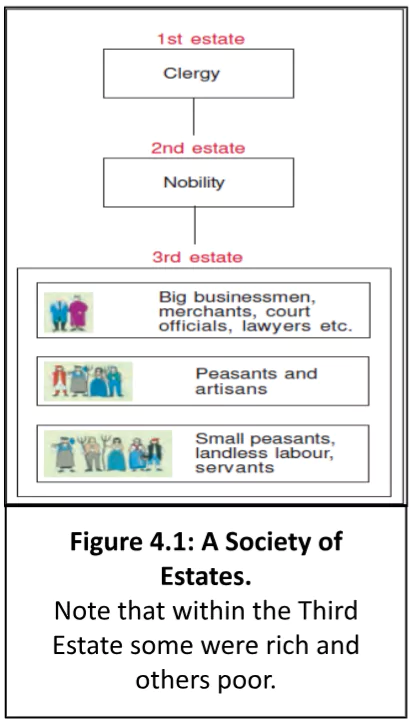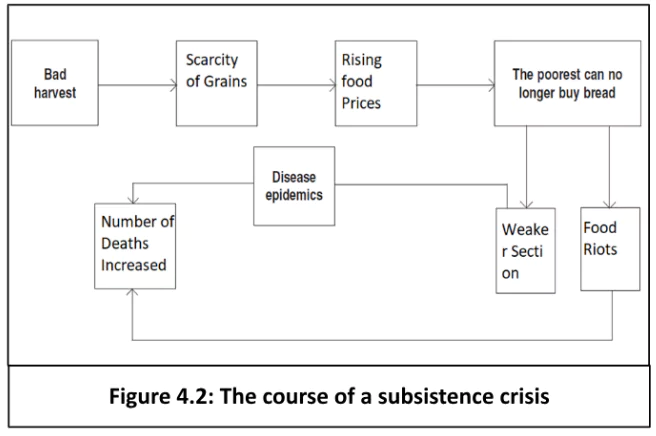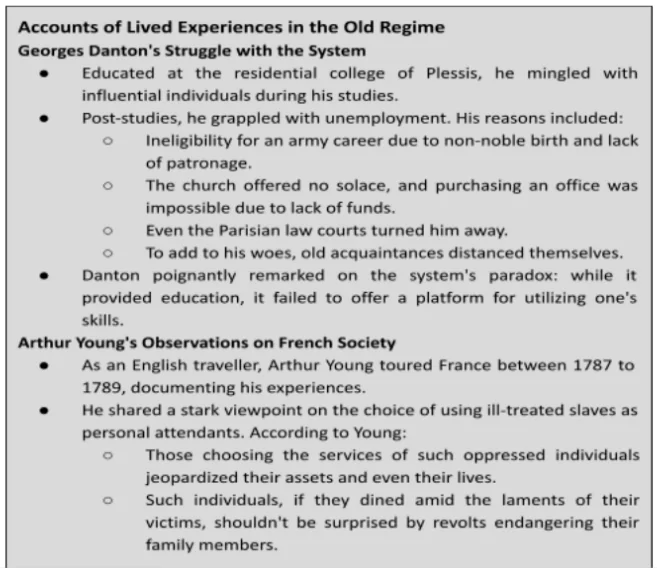In the tense atmosphere of 14 July 1789, Paris found itself on edge due to the king’s troop movements and circulating rumors of a potential order to open fire on its citizens. Responding to these fears, approximately 7,000 Parisians assembled at town hall, culminating in a decision to form a people’s militia. This decision saw them raid government buildings for weapons.
Troublesome Royalty: In 1774, 20-year-old Louis XVI from Bourbon family became king of France. He was married to the Austrian princess, Marie Antoinette.
 Taxation Challenges: To cover regular state expenses, such as the cost of maintaining an army, court, and running government offices or universities, taxes were increased.
Taxation Challenges: To cover regular state expenses, such as the cost of maintaining an army, court, and running government offices or universities, taxes were increased.
Population Explosion: The population of France rose from about 23 million in 1715 to 28 million in 1789.

Rise of the Middle Class: The 18th century saw the rise of middle class, a segment within the third estate.
| Must Read | |
| Current Affairs | Editorial Analysis |
| Upsc Notes | Upsc Blogs |
| NCERT Notes | Free Main Answer Writing |
In previous times, revolts by peasants and workers arose due to mounting taxes and food shortages. However, they lacked the tools and strategies to instigate a full-fledged transformation in the societal and economic fabric. Emergence of middle class gave an intellectual base for public outrage.
| Related Articles | |
| Earth’s Atmosphere: Key Components & Composition of Atmosphere | United Kingdom (UK)- Full Form, History, and Culture |
| TAXATION IN INDIA | POPULATION IN INDIA |
<div class="new-fform">
</div>